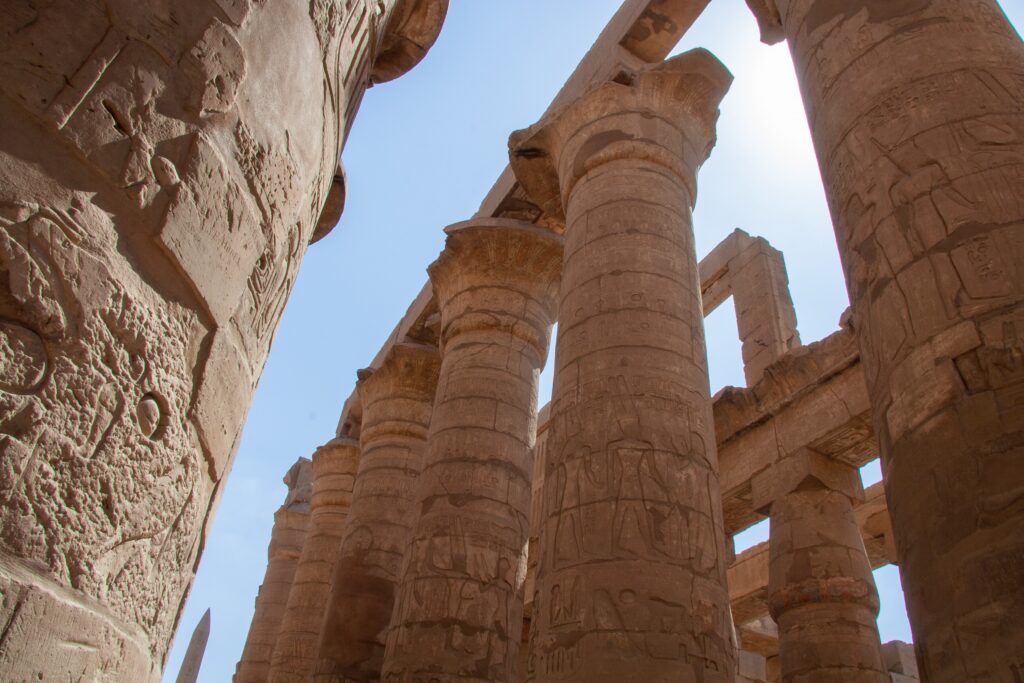The Big Question 97: Does Archaeology Prove the Bible?
Apr 29, 2022 2849
Podcast: Play in new window | Download
Subscribe: Apple Podcasts | Spotify | Amazon Music | Blubrry | RSS

Does archaeology prove the Bible?
Well, let’s first understand how archaeology works.
Wars, natural disasters, and the ravages of time and of humanity have erased much of the archaeological record that once existed. Even today, whole cities lie unexcavated under fields and under other cities due to lack of money and resources. Archaeology is a very expensive business. So, the archaeological record is always incomplete. What archaeologists have discovered is but a tiny fraction of what has survived, and what has survived is but a tiny fraction of what used to exist.
As a result, just because archaeologists haven’t discovered evidence of the existence of a person or a place or an event, it doesn’t mean that it didn’t exist. The reverse is also true: that finding archaeological evidence, for example of a particular individual named in the Bible, is remarkable corroboration of the existence of that individual. The reason is that the chances of it having survived is remarkably low.
The amazing thing about the Bible is that the more that archaeologists dig, the more that what they discover provides powerful evidence that what the Bible tells us about history is true. One example is the discovery of the signet rings of many of the Biblical kings of Israel and Judah.
When we want to certify a document today, we use our signature. In ancient times, people didn’t use “signatures.” Instead, if you were an important person back then, you would have had a personal seal that was unique to you. You would have had the seal on a signet ring on your finger.
When you wanted to certify a document, you would put a blob of hot wax at the bottom of the document, and then press your signet ring to it. This would leave an imprint of your seal on the document.
Finding a person’s signet ring from ancient times is powerful evidence that the person really existed.
Here’s the thing. Archaeologists have actually found the signet rings of many of the kings of the ancient kingdoms of Israel and Judah, including famous figures like Queen Jezebel and not-so-well-known figures like Baruch, who is mentioned in the book of Jeremiah as his secretary. This is astonishing in itself!
More than that, we’ve discovered hard archaeological evidence for the existence of people like Pontius Pilate, mentioned in the Bible, and less-well-known people like Erastus, mentioned by the apostle Paul as a high-ranking official in the city of Corinth. And there’s much, much more.
Strictly speaking, I wouldn’t say that archaeology “proves the Bible,” but the more we dig, the more evidence we uncover that strongly affirms that events, people and places in the Bible really did exist in history.
